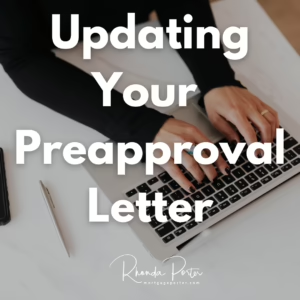Mortgage rates have been moving higher over the past few weeks. The better than expected data from last Friday’s Jobs Report helped that trend.
There’s not a lot of scheduled economic indicators on calendar for this week so you can expect rates to be impacted by the stock market. If the stock market does well, mortgage rates may move higher. Why? Mortgage rates are based on mortgage backed securities (bonds) and investors will trade the safety of bonds for the potentially better return found with stocks.
Here’s how this week is looking with economic indicators:
- Thursday, June 13th: Retail Sales and Initial Jobless Claims
- Friday, June 14th: Producer Price Index (PPI) and Consumer Sentiment (UoM)
This morning, Standard and Poor’s revised the United States credit rating from negative to stable. Remember “good news” tends to cause mortgage rates to deteriorate.
The Treasury will be selling $66B in notes and bonds this week starting tomorrow.
Even though rates are higher than they were last month, they are still very low. If you’re interested in locking in what is still considered a historically low rate on a home located anywhere in Washington state, please contact me.
 I’m often asked by home buyers “does my preapproval letter expire” or “what happens if we don’t find a home in a few months”. Preapproval letters should include two dates: when the letter was prepared and when the preapproval expires. Fear not, most of the time, it should just take providing a couple documents to your loan officer so they can “dust off”
I’m often asked by home buyers “does my preapproval letter expire” or “what happens if we don’t find a home in a few months”. Preapproval letters should include two dates: when the letter was prepared and when the preapproval expires. Fear not, most of the time, it should just take providing a couple documents to your loan officer so they can “dust off” 






Recent Comments